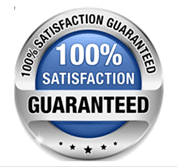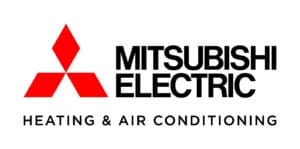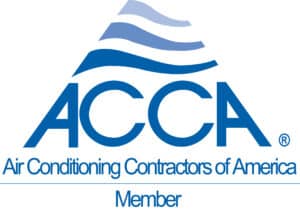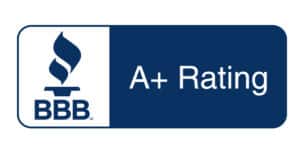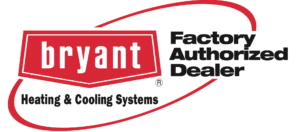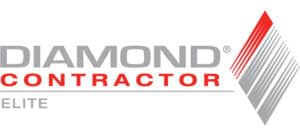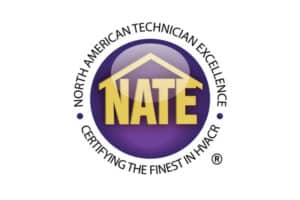You count on your HVAC system to keep your home comfortable year-round. But even the best heating and cooling equipment won’t last forever. Understanding how long heat pumps and other HVAC systems last can help you plan ahead for upgrades, maximize energy efficiency, and avoid unexpected breakdowns.
Average HVAC System Lifespans
No HVAC system is built to last forever, but some offer more years of reliable performance than others. Here’s a quick look at the average life expectancy for common heating and cooling systems:
- Heat Pumps – Modern ducted and ductless heat pumps typically last 15–20 years.
- Furnaces & Boilers – Furnaces usually last 15–20 years, while boilers are known for their longevity, often providing 20+ years of service.
- Central Air Conditioners – Most AC units last up to 20 years, depending on usage.
Regular Maintenance: The Key to a Long-Lasting Heat Pump
New heat pumps are designed for year-round use, so they see more operating hours than a typical furnace or AC. That’s why choosing a high-quality system and scheduling regular heat pump maintenance is so important for maximizing lifespan and efficiency.
Some simple tasks, like changing filters and keeping the outdoor unit clear of debris, can be handled by homeowners. For more thorough inspections and tune-ups, trust the NATE-certified technicians at Kearney HVAC. We also offer preventative maintenance agreements to help you protect your system and avoid costly repairs.
Upgrade to a High-Efficiency Heat Pump with Kearney HVAC
We proudly install, repair, and maintain all types of heat pumps and ductless mini splits for homeowners across the North Shore, MA and Seacoast, NH.
Our team can identify your home’s specific needs and help you choose the best system for maximizing your comfort and saving energy. We can even help you find eligible incentives, like Mass Save® heat pump rebates or NHSaves® incentives.

